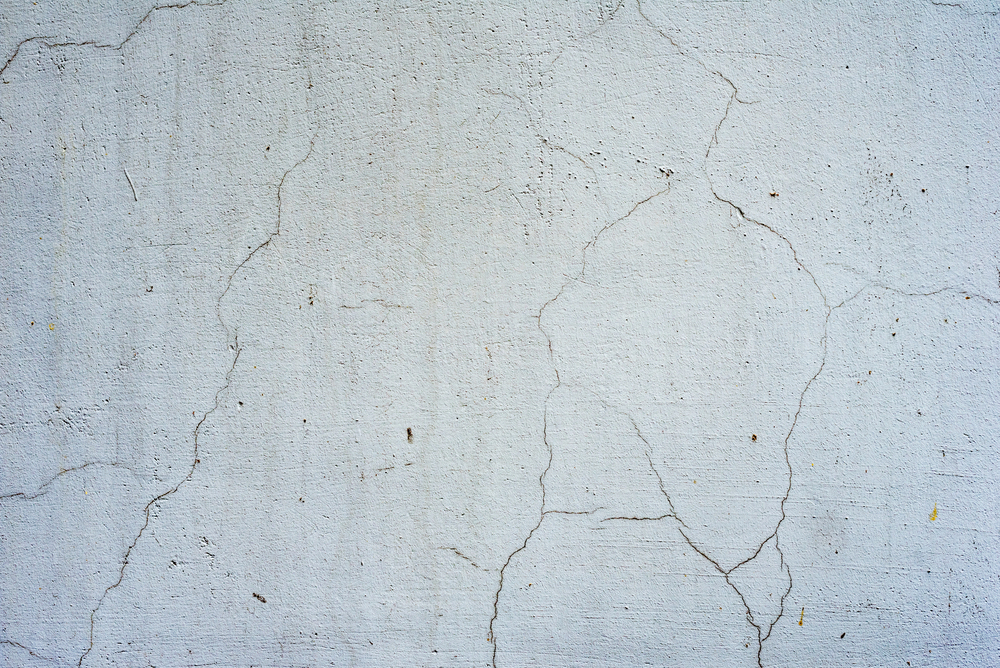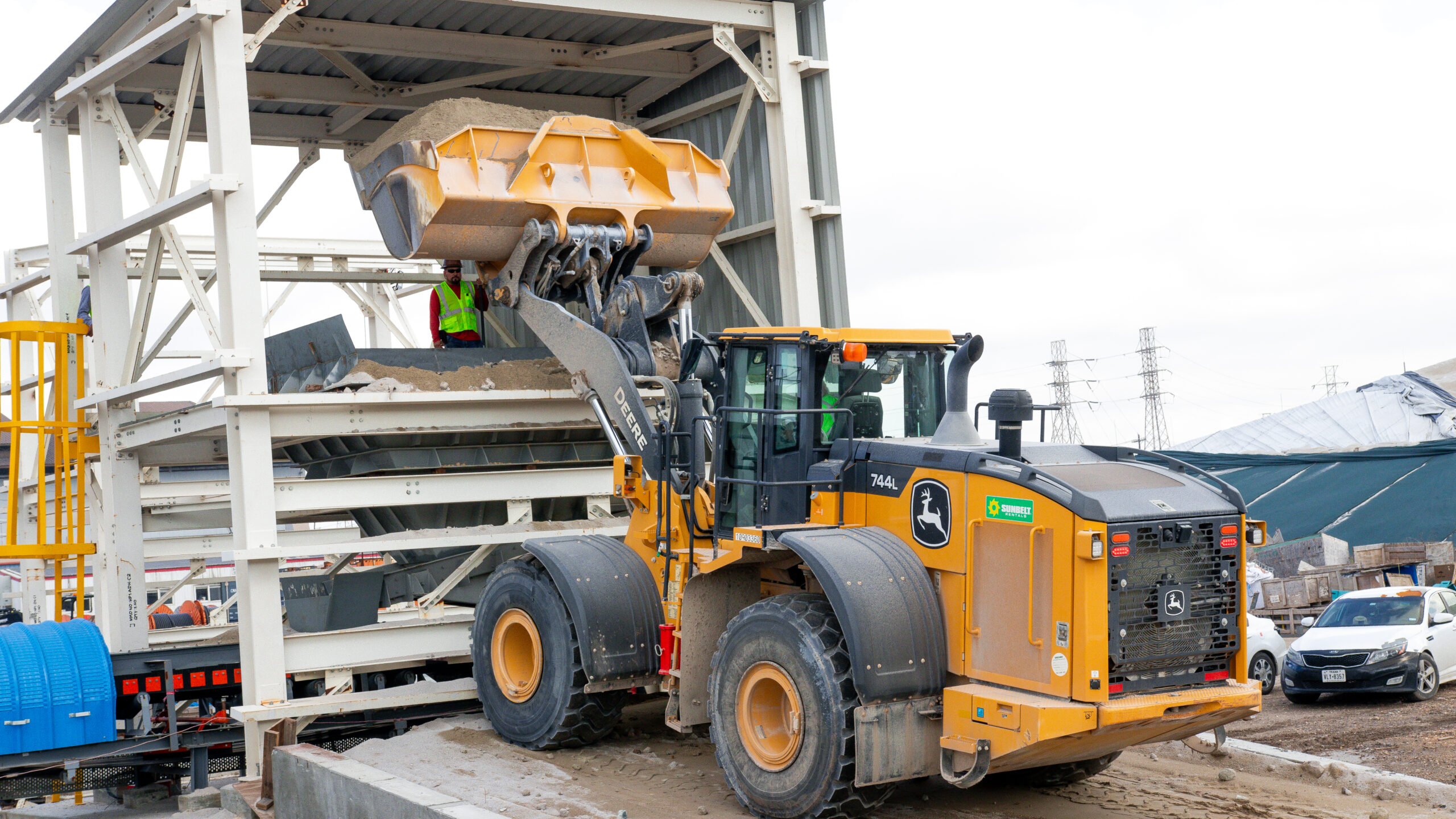Slag cement plays a crucial role in extending the life of concrete structures while reducing overall
life cycle costs. Its use in concrete offers a range of benefits that enhance durability and
performance, including:
- Low Permeability: Reduces the ingress of water and harmful chemicals, protecting the structure from corrosion and other forms of deterioration.
- Increased Corrosion Resistance: Helps to preserve reinforcing steel and improve long-term structural integrity.
- High Compressive and Flexural Strength: Enhances the structural capacity and longevity of concrete.
- Improved Resistance to Sulfate Attack: Prevents the degradation caused by exposure to aggressive sulfate environments.
- Reduced Alkali-Silica Reactivity (ASR): Mitigates harmful reactions between cement alkalis and reactive silica in aggregates.
- Lower Thermal Stress: Reduces the risk of cracking by minimizing the heat of hydration during the curing process.
These physical and chemical enhancements significantly extend the life of concrete structures.
Slag cement reduces permeability, inhibiting chloride ion ingress, which in turn prevents corrosion
of reinforcing steel and other durability issues. Additionally, concrete made with slag cement
continues to gain strength over time, often surpassing initial specifications.
By improving both the short-term and long-term performance of concrete, slag cement helps to
reduce maintenance costs and improve the overall sustainability of construction projects.




